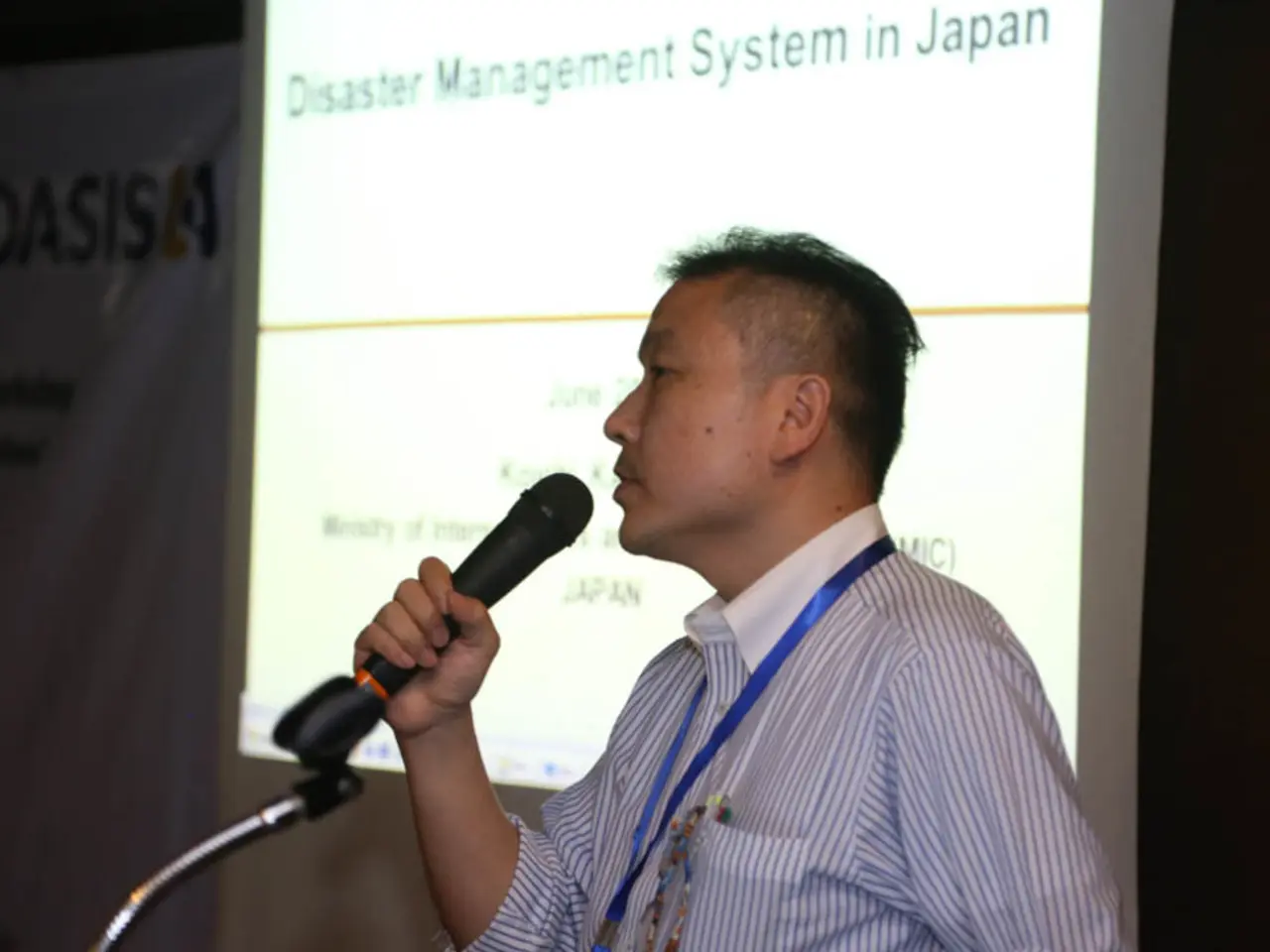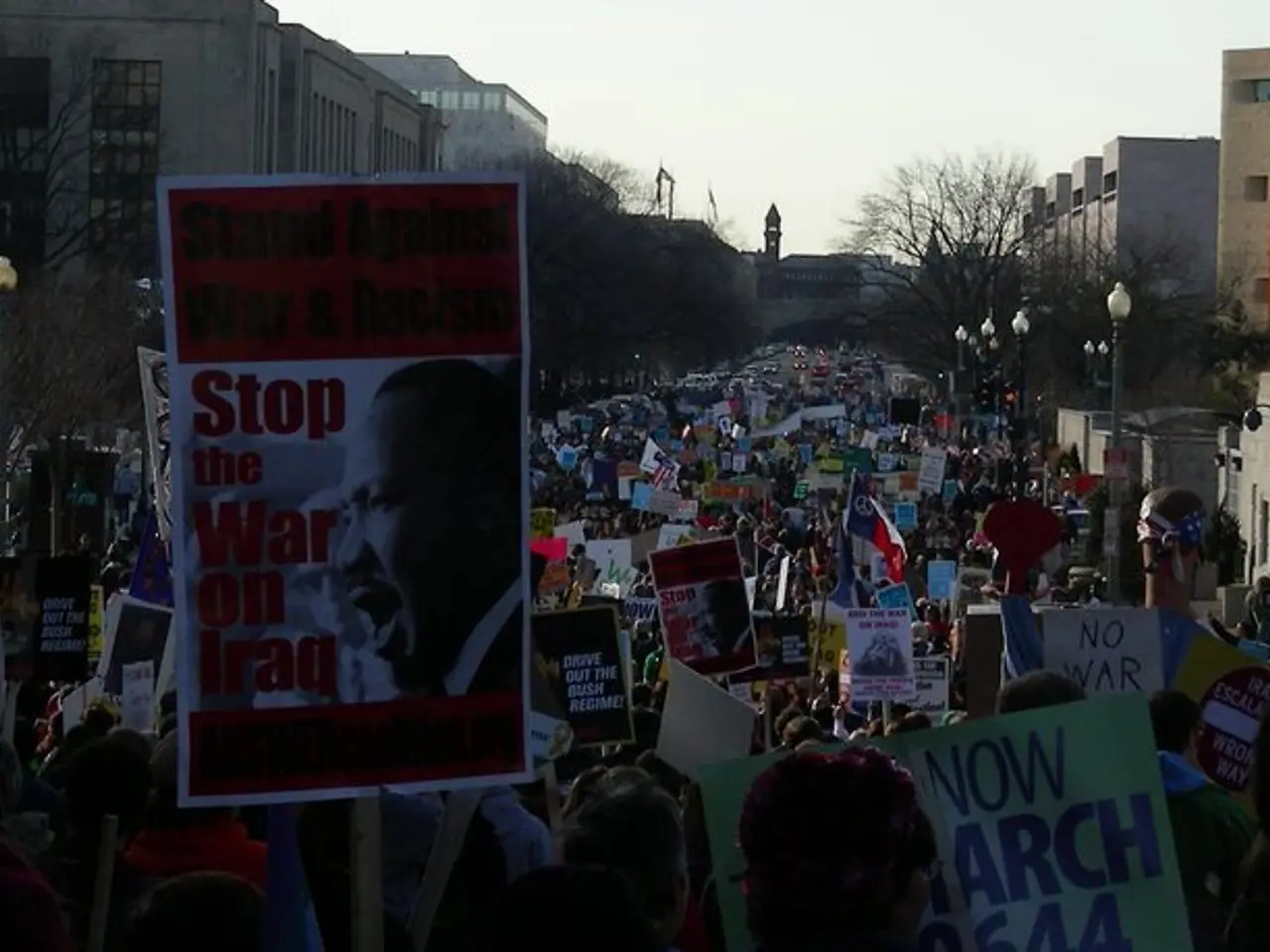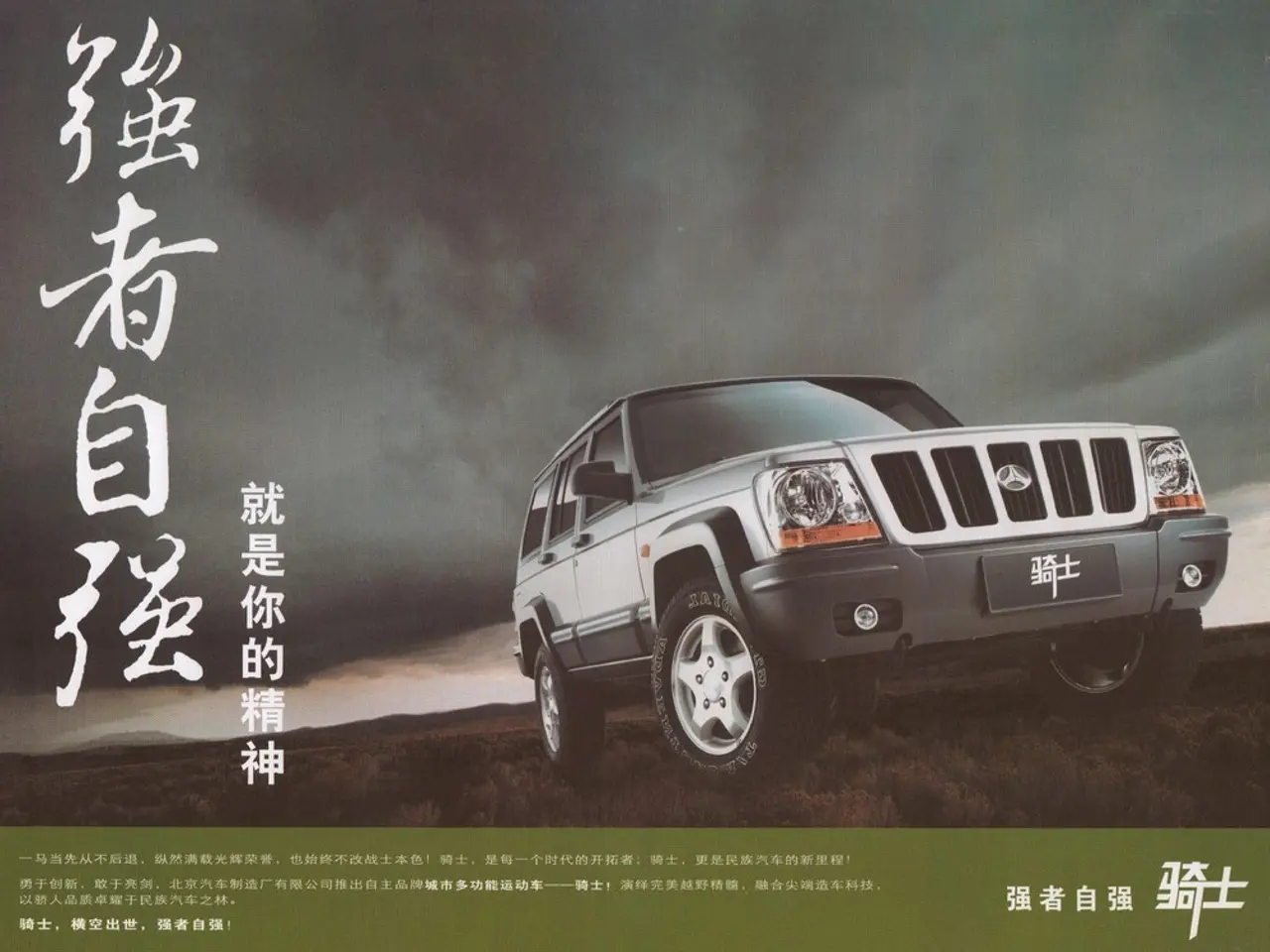Ishiba Refuses to Reveal Duration of His Tenure
In the midst of mounting calls for his resignation and internal party strife, Japanese Prime Minister Shigeru Ishiba has expressed his intention to see through the implementation of the Japan-U.S. trade agreement, despite concerns about its impact on businesses.
Following the recent defeat of his ruling coalition in the parliamentary election, Ishiba faces increased scrutiny within the Liberal Democratic Party (LDP). However, opinion polls indicate that the public remains divided on whether he should step down as prime minister. The party's plenary meeting on August 8, 2025, intensified debate over his leadership, yet no immediate leadership challenge appears confirmed.
Ishiba, who won the LDP presidency in September 2024 and took office as prime minister on October 1, 2024, has a three-year term as party chief that extends through 2027, barring any early leadership contests. As prime minister, he has emphasized national issues such as Japan’s low birth rate, regional security, and economic challenges, but the election setback and tensions over trade policy with the United States continue to complicate his position.
During a meeting of the Budget Committee of the House of Representatives, Ishiba addressed concerns about the agreement, expressing his concern for businesses being unfairly disadvantaged. He also emphasized his determination to implement the agreement, including a potential reduction of U.S. auto tariffs.
In response to the rice import aspect of the agreement, Agriculture Minister Shinjiro Koizumi stated that there will be no increase in rice imports under the Japan-U.S. trade agreement.
Ishiba, however, declined to specify how long he will remain in office after the election defeat. He did mention that he will make efforts to find a solution and overcome the national crisis caused by the anxiety among businesses as soon as possible. The specifics of the crisis and the outcome of his efforts were not addressed in the current statements.
The Japan-U.S. trade agreement, while not explicitly stated, is presumed to be the same as the one causing concern among businesses. The national crisis referred to by Ishiba is presumed to be related to the uncertainty and anxiety among businesses due to trade agreements.
- In the midst of the national crisis, caused by the uncertainty and anxiety among businesses due to trade agreements, Prime Minister Shigeru Ishiba has stressed his determination to implement the Japan-U.S. trade agreement, despite concerns about its impact on businesses, often sharing his views during parliamentary meetings.
- The photo of Agriculture Minister Shinjiro Koizumi, during a press conference, smiling while stating there will be no increase in rice imports under the Japan-U.S. trade agreement, became a symbol of reassurance for the farming community.
- As the Japanese Prime Minister navigates through the turbulent waters of policy-and-legislation and politics, his stance on prioritizing general-news issues like trade agreements over internal party struggles and personal resignation has been a topic of discussion among cultural circles, sparking debate on the role of a prime minister in turbulent times.








